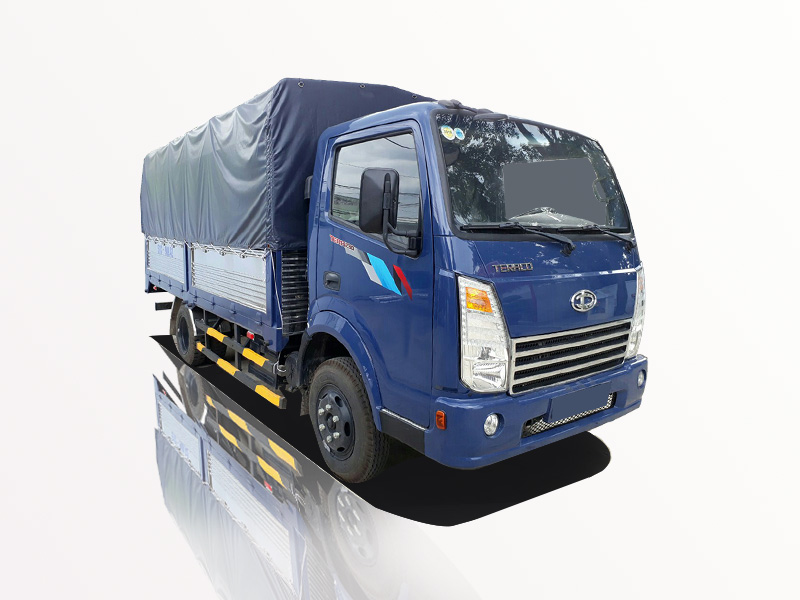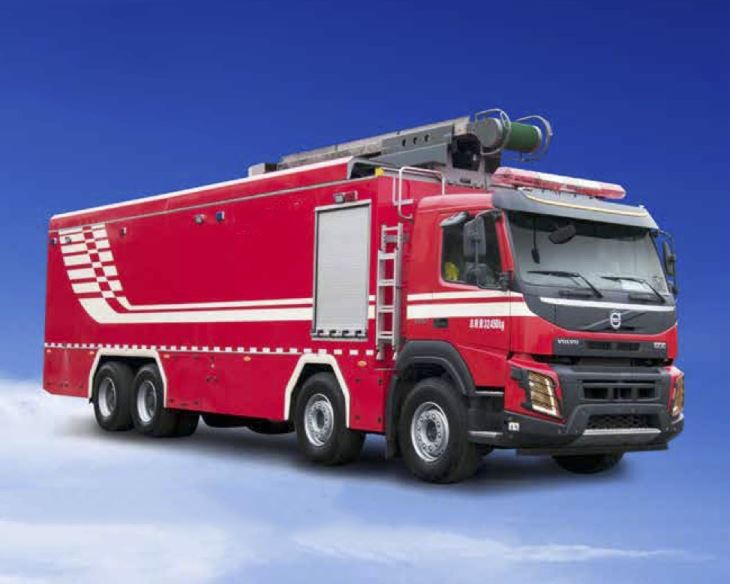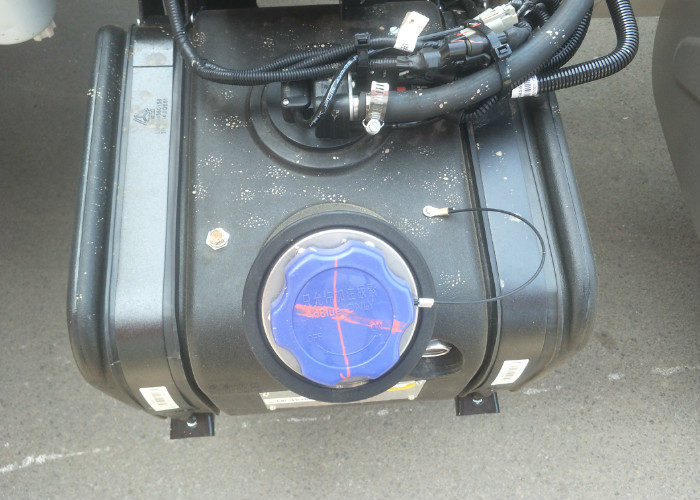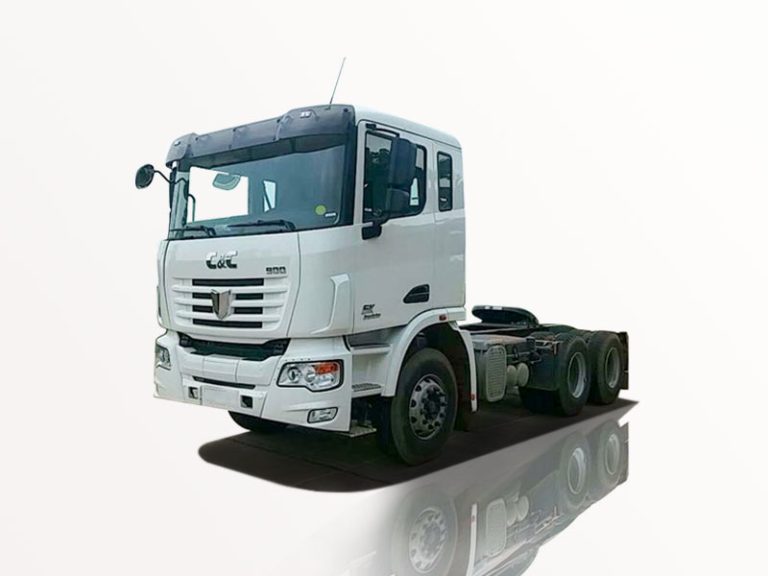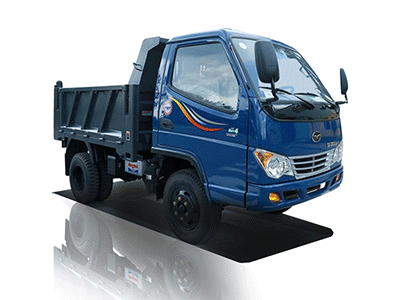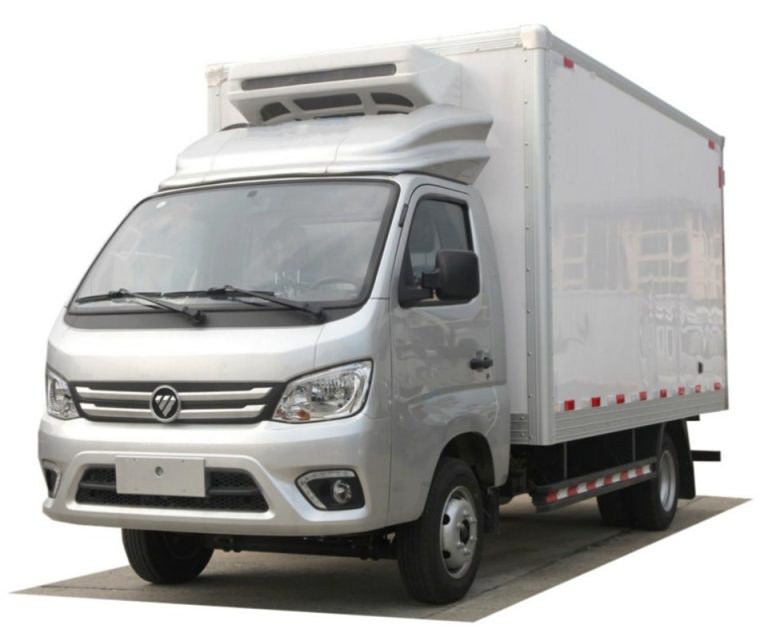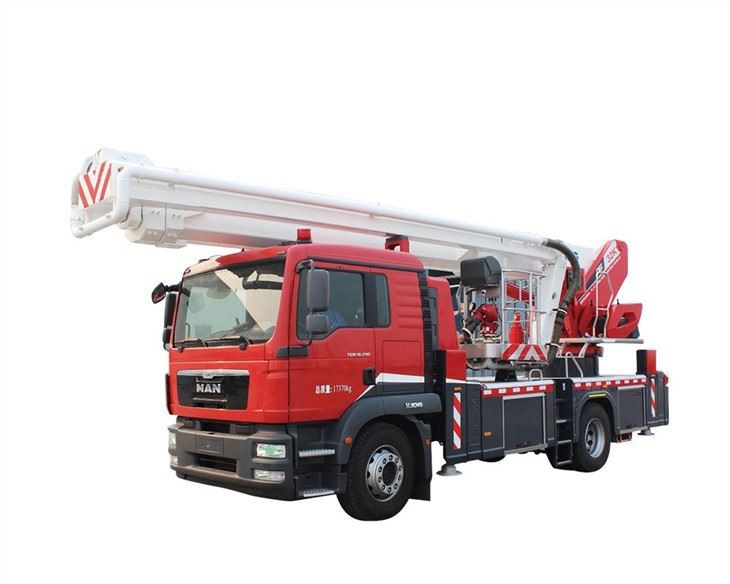Introduction
Truck mounted sweepers represent an essential piece of equipment for maintaining cleanliness in urban environments, industrial sites, and construction zones. These powerful machines combine the efficiency of traditional street sweepers with the versatility of trucks, making them ideal for a variety of cleaning tasks. As municipalities and private contractors look for effective solutions to keep roads, parking lots, and public spaces clean, understanding the features, benefits, and operation of truck mounted sweepers becomes critical. This article explores the numerous aspects of truck mounted sweepers, offering practical examples, useful tips, and a comprehensive FAQ section.
What is a Truck Mounted Sweeper?
A truck mounted sweeper is a specialized vehicle equipped with sweeping and vacuuming capabilities. Designed primarily for street cleaning, these machines are typically attached to a standard truck chassis. The sweeping mechanism includes brushes that rotate to displace debris and a vacuum system that collects dirt, leaves, and other unwanted materials. Truck mounted sweepers come in various sizes and setups, allowing for flexibility depending on the cleaning requirements.
Types of Truck Mounted Sweepers
There are several types of truck mounted sweepers, each tailored to specific cleaning tasks and environments:
- Mechanical Broom Sweepers: These use rotating brushes to push debris into a hopper. They are suitable for large areas and are effective on rough surfaces.
- Vacuum Sweepers: These rely on suction to collect dirt and debris. They are ideal for fine dust and smaller particles, often found in urban settings.
- Regenerative Air Sweepers: These combine air and mechanical sweeping to remove debris. They are effective for cleaning streets without excessive dust generation.
The Benefits of Truck Mounted Sweepers
Truck mounted sweepers offer numerous benefits, including:
1. Enhanced Cleaning Efficiency
With powerful engines and advanced cleaning technologies, truck mounted sweepers can clean large areas more quickly than manual or smaller equipment.
2. Versatility
These sweepers can handle various surfaces, from highways to parking lots, making them a multifunctional solution for towns and businesses.
3. Cost-Effectiveness
By reducing the time and labor required for cleaning, truck mounted sweepers can lower operational costs. Additionally, they help maintain infrastructure, preventing costly repairs associated with dirt and debris buildup.
4. Environmental Benefits
Regular street cleaning aids in the reduction of pollution and environmental hazards. By preventing debris from entering storm drains and water bodies, truck mounted sweepers contribute to better water quality.
Key Features to Look For
When selecting a truck mounted sweeper, consider the following features:
1. Sweeping Technology
Choose between mechanical broom systems, vacuum systems, or regenerative air technologies based on cleaning needs.
2. Size and Capacity
Ensure the size of the sweeper matches the typical areas it will be used in. Larger sweepers may be necessary for highways and industrial areas, while smaller models may suffice for urban streets.
3. Durability and Build Quality
Heavy-duty materials and components can withstand the rigors of regular use, leading to a longer lifespan and reduced maintenance costs.
4. Ease of Operation
Look for models with user-friendly controls, good visibility, and maneuverability, especially in tight urban environments.
How Truck Mounted Sweepers Work
The functionality of truck mounted sweepers can generally be broken down into the following processes:
1. Collection of Debris
The sweeper’s primary function is to lift debris from the ground. The rotating brushes sweep dirt and litter into the machine’s collection hopper.
2. Vacuuming Dust and Fine Particles
The vacuum system plays a crucial role in capturing smaller particles and dust that are difficult to remove with brushes alone. This ensures a thorough cleaning.
3. Disposal of Collected Material
Once the debris is collected, it can be disposed of easily through a rear or side discharge, making the process efficient and streamlined.
Practical Examples of Truck Mounted Sweeper Applications
Truck mounted sweepers are used in a variety of settings:
1. Urban Street Cleaning
Municipalities utilize truck mounted sweepers to maintain cleanliness on city streets. Regular sweeping prevents litter buildup and enhances local aesthetics.
2. Parking Lot Maintenance
Businesses often hire sweepers to keep parking lots tidy. Clean surfaces improve the customer experience and reduce hazards caused by debris.
3. Construction Sites
Construction firms use truck mounted sweepers to clean sites and remove dirt and debris, ensuring safety and compliance with regulations.
4. Roadside Cleanup
State and local agencies frequently deploy truck mounted sweepers for periodic cleaning of highways and roads, enhancing safety and reducing environmental impact.
Best Practices for Operating Truck Mounted Sweepers
To maximize the effectiveness and lifespan of truck mounted sweepers, follow these best practices:
1. Regular Maintenance
Conduct routine checks on the machine, including inspections of brushes, belts, and vacuum systems, to ensure optimal performance.
2. Proper Operating Techniques
Train operators on how to adjust speed and equipment settings for different terrains and conditions, avoiding unnecessary wear.
3. Schedule Cleaning Operations Wisely
Plan cleaning during off-peak hours to minimize traffic disruptions and enhance efficiency.
4. Monitor Performance
Keep track of how often the sweeper requires maintenance and repairs. This data can help in making informed decisions about future purchases or upgrades.
Cost Considerations for Truck Mounted Sweepers
Investing in a truck mounted sweeper involves several costs:
1. Initial Purchase Cost
The upfront cost of a truck mounted sweeper can vary greatly based on features, size, and manufacturer. Expect costs to range from $150,000 to over $500,000.
2. Operational Costs
Consider ongoing costs such as fuel, maintenance, and labor. These can significantly impact overall expenditure.
3. Leasing versus Buying
Some businesses may find leasing a more flexible option, particularly if they require vehicles only seasonally or temporarily.
4. Resale Value
Truck mounted sweepers usually retain a good resale value due to their durability and necessity in urban maintenance, which can offset the initial investment.
Choosing the Right Truck Mounted Sweeper for Your Needs
Selection depends on several factors:
1. Assess Cleaning Requirements
Determine the size of the area to be cleaned, the type of debris commonly encountered, and the frequency of cleaning needed.
2. Evaluate Available Features
Consider all necessary features based on your specific requirements, such as hopper size, sweep width, and additional capabilities like water tanks for dust control.
3. Consult Professionals
Work with manufacturers or dealers to find the best options tailored to your needs. Test drive models if possible to get a feel for the operation.
4. Consider Budget and Financing Options
Don’t forget to factor in maintenance and operational costs when determining your budget.
FAQ Section
1. What is the average lifespan of a truck mounted sweeper?
The lifespan can vary depending on usage and maintenance, but a well-maintained truck mounted sweeper can last 10-15 years.
2. How often should truck mounted sweepers be used?
Frequency of use depends on location and purpose, but most urban areas benefit from regular cleaning, often weekly or bi-weekly.
3. Are truck mounted sweepers environmentally friendly?
Yes, they help reduce pollution by preventing debris from entering waterways and promoting cleaner public spaces.
4. What types of surfaces can truck mounted sweepers clean?
Truck mounted sweepers can be used on various surfaces, including asphalt, concrete, and gravel, depending on the model.
5. Can truck mounted sweepers operate in all weather conditions?
Most models can operate in rainy weather, but it’s essential to follow manufacturer guidelines for optimal performance in adverse conditions.
6. How do truck mounted sweepers handle large debris?
Many truck mounted sweepers are equipped to handle larger debris by using powerful suction or specially designed brushes to ensure effective cleaning.
